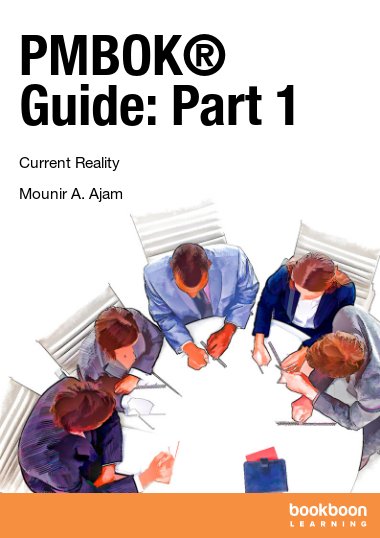PMBOK® Guide – Current Reality, is the first in a 2-book series on transforming this leading guide from its current theoretical state into a practical approach that helps the readers better understand this guide and how to apply on real life projects.
The PMBOK® Guide (A Guide to the Project Management Body of Knowledge®) is a leading standard document with millions of copies in circulation. However, this guide is developed and updated through a large number of volunteers and collaborative work. This approach leads to gaps, errors, inconsistencies, and areas that are commonly misunderstood.
In this first part, we offer a historical perspective, an overview of the guide, and some of the leading myths surrounding it. Another section covers the various gaps, weak areas, and inconsistencies. The last section covers a critical areas of confusion among practitioners and PMI-certified individuals. This confusion creates less than optimal performance in delivering projects, if not failures.


